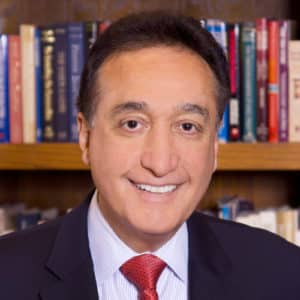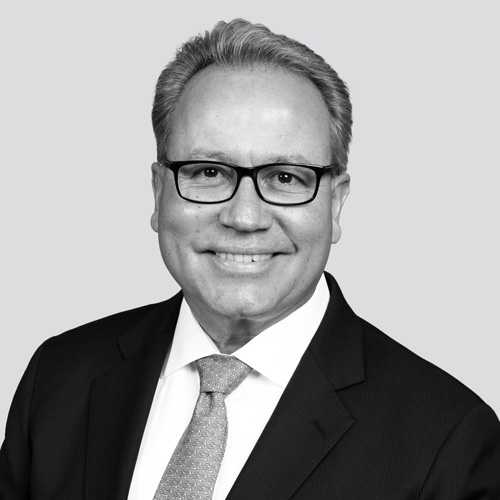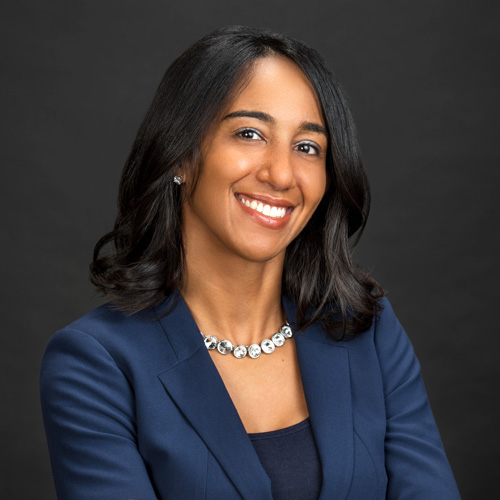
Henry Cisneros has the sort of experience that most corporate leaders would describe as perfect for a board director. He knows government intimately, with a credit roll including titles like mayor of San Antonio, Texas, and US Secretary of Housing and Urban Development in the Clinton administration.
He speaks business fluently—presiding over a variety of organizations such as investment banking firms and Univision Communications. He also resonates with people, giving off an inviting blend of future thinking, cogent capability, and humble Latino beginnings. (On his roots, he says: “While there was poverty, discrimination and segregation all around us, it was like a Norman Rockwell existence—except all the faces were brown.”)
Here, Cisneros reflects on his approach to board membership and how corporate boards drive the social landscape.
What initially sparked your interest in public service?
My mother’s family played an influential role. My grandfather was an exile in Mexico who arrived in San Antonio with literally a few dollars in his pocket. He was a printer in Mexico, so he got a job at the Spanish-language newspaper here, La Prensa, and soon after formed his own printing shop. He helped found the Hispanic Chamber of Commerce.
I grew up in a setting where people were talking political progress and public affairs, but at the same time had a major commitment to Latino heritage. I always knew I would be serving the country in some combination of business and government. I didn’t know what form that would take until the 1960s, when I saw firsthand the urban crisis and the cities burning of LA in 1965 and Detroit, Cleveland, and DC in 1968. Since then, the central theme has been trying to make our cities better places to live.
Board Snapshot
Univision Communications, Board of Directors
La Quinta (NYSE:LQ), Board of Directors
Brevet Capital Management, LLC, Board of Directors
CityView, Chairman of the Board
Siebert Cisneros Shank & Co., Chairman of the Executive Committee
You’ve served on a wide range of boards, nonprofit and for-profit. What do you look for when evaluating business cases?
What I’m looking for is a coherent articulation of the problem or opportunity and a common-sense plan. I’m not a board member who enjoys picking people’s plans apart. I’m there to make sure people have thought through all the operational and resource elements realistically—to apply a logistical check or to bring some insight that the team may have missed. Success or failure, and lot of resources, may hang in balance—including a reputation risk for the company.
What are some of the tougher board decisions you’ve participated in?
There have been many related to acquisitions or separations of the company into multiple divisions. When a company launches a new line of business, that requires board concurrence—for example, when Univision doubled down in social network space beyond broadcasting. Also, decisions about personnel. I’ve participated in several sets of decisions that resulted in changing the CEO of a company, compensation questions, or delicate HR questions. Those are the board decisions that one has to take seriously.
Have you seen Latino board participation increase over the years?
There’s no question that it is increasing, but it is still far off the mark compared to our role in the population and the consumer base. One of the important trends facing corporations is increasing the Latino participation to begin to reflect the role of Latinos in economics and in society. I suspect we will see doubling and tripling of Latinos in numbers on boards over the next decade.
How do you stay connected to the Hispanic community?
My most grounded experience is that my wife and I created in our neighborhood an entity called American Sunrise, which is located in two homes that we purchased adjacent to our own home to run an after-school learning program. I live in my grandparents’ old home, refurbished, in the most Latino-concentrated census track in San Antonio.
About forty-two children every afternoon come from a local school for homework assistance and tutoring, so I see up close and personal the life of the Latino community. I see the children, monitor their progress. I know their parents and certainly have a feel for life among those who are among the most marginalized of our city.
Looking across your life’s chapters, what are your major takeaways?
I would boil it down to a phrase from Schindler’s List: “I could have done more.” Schindler facilitated the escape of hundreds of Jews from concentration camps and probably death. He was courageous but wished he could have done more.
That thought also keeps me going because I still have energy and a position from which to work and do more. It’s sort of the driving force in my life—to do as much as we can for our community and for our country. I want to try to use every moment. Serving on these boards is part of that equation. There is always an opportunity to help advance the ball.

